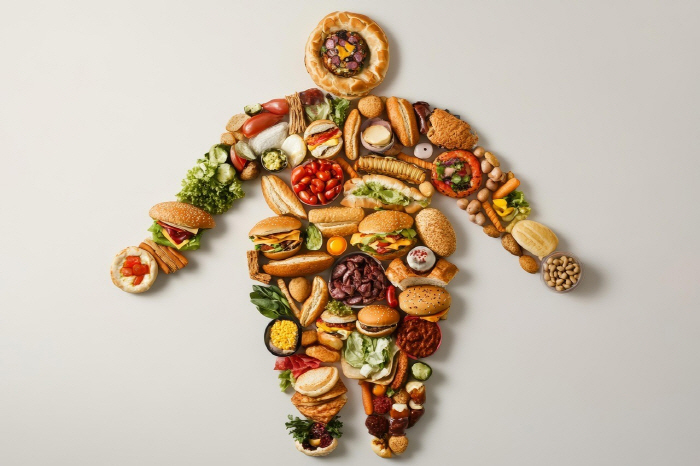Who do you look like and are you fat? Child obesity, because of this from parents...
May 08, 2025
|
Childhood obesity is often regarded as a child 'individual blame' not a family's fault. However, as a series of recent studies have shown that children's obesity is caused by parental indifference or passed down from parents, the argument that it should be viewed as a 'problem for the whole family' is drawing attention again.
In particular, obesity of children is closely related to family attitudes and lifestyle. This is because dietary habits such as △ irregular eating patterns △ small amount of activity △ late-night meals and delivery foods in the family are established in daily life and naturally spread between generations.
On the occasion of Family Month in May, family health, especially cases of family responsibility for childhood obesity, were identified through foreign research results, and treatment measures were heard through advice from obesity treatment experts.
◇ Parental indifference, making the child fatter?
A study found that children raised by parents who are indifferent to their children or authoritarian are more likely to weigh more than those who do not.
Researchers at the London School of Business at Imperial College in the UK have published the results of analyzing data from more than 10,000 children over 20 years in 2022. According to this, the researchers classified parenting methods into four types: △ authoritarian △ warm △ neglect or indifference through parent and child surveys.
As a result of the analysis, it was found that children raised in authoritarian or neglected parenting until the age of 7 weighed 1.5 kg more on average than groups with warm parenting methods. The researchers interpreted that the lean parenting method was better at eating how much children ate on their own.
Some studies show that parental obesity also affects independent children. According to recent researchers at the University of Norway, if parents are obese, their children are more than six times more likely to be obese at the age of 40 to 59. It is noteworthy that this trend has remained strong not only when living with parents but also at an age long after independence from parents.
◇ Only children are treated for obesity?...Improve the lifestyle of the whole family together
Obesity is directly related to the family living environment itself, beyond just an individual problem. Kim Jong-un, chairman of the 365mc All New Gangnam headquarters, said, `Obesity may be a result of family culture"The reality is that even if you decide to go on a diet, it is difficult to expect long-term success only with your child's will in a family environment where you are familiar with unhealthy lifestyles in general."
In other words, the efforts of the entire family should be accompanied, not the efforts of children alone. Chairman Kim recommended that all family members adjust their 'life rhythm' to be healthy. △Eating together at a fixed time △Enjoy weekend exercise as a family △Adjust 1.5 to 2 liters of water intake per day △The habit of making light stretching time instead of TVs or smartphones is a good example.
In fact, some studies show that when a family eats dinner together, children's obesity probability was five times lower than that of families who did not. "In addition to the rhythm of life, parents should refrain from saying anything in front of their child that may be sensitive or negatively affecting them, such as 'obesity' and 'I gained weight'", he said. "It is important to induce natural behavior, such as instilling a diet role model in a child."
◇'adult'different 'child'diet...How to stay healthy?
Either adults or children should change their diet if they decide to go on a diet. However, due to the nature of growing children, it is important to plan a diet so that the total nutrients are not insufficient. The key is 'A low-carbohydrate high-protein (low-carbohydrate high-protein) diet that does not starve'.
It is recommended to eat enough protein, which is essential for a child's growth, and to reduce fat and carbohydrates. Healthy protein foods include △ eggs △ chicken breast △ beef △ beans. In addition, using brown rice instead of rice can help manage blood sugar.
"It is important to maintain a sense of fullness for a long time by making a habit of eating slowly," CEO Kim said. "If you include fiber-rich vegetables and vegetables in your diet together to increase your overall fullness, you can reduce your child's food intake, including snacks."
Above all, he stressed that it is important for the whole family to eat the same meal. CEO Kim said, `Parents should eat the same meals as their children on a diet at the same rate"The whole family's participation together can be a successful diet control without stressing the child out."," he said.
This article was translated by Naver AI translator.














